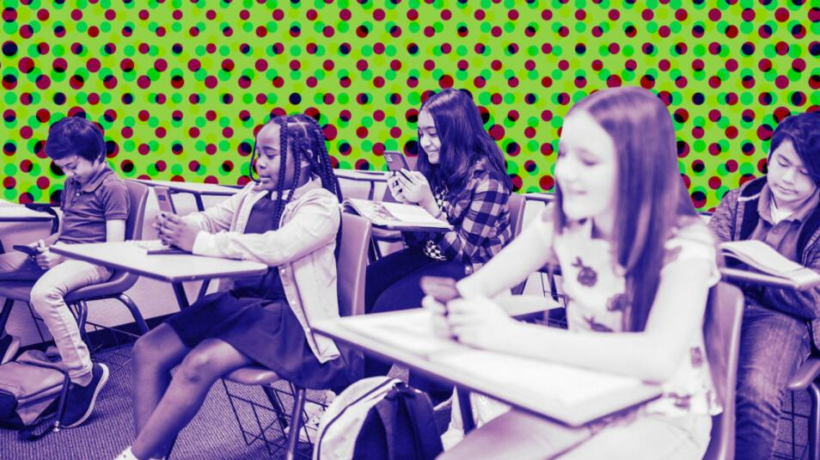The United Nations Educational, Scientific and Cultural Organization (UNESCO) has issued a major report on the role of technology in education. Among the report’s many findings and recommendations, the UN is now urging governments worldwide to ban smartphones in schools due to their detrimental effect on learning.
As The Week notes, the UN recommendation comes after the report found that the overuse of smartphones in school leads to poor performance in the classroom. It also found that excessive screen time negatively affected a child’s emotional stability. Finally, the report also found that restricting school smartphone use could protect children from cyberbullying.
The UN has no power to require countries to restrict smartphone use at school, but it hopes the report will prod governments to reconsider policy on a country-by-country basis. But even before the report came out, various countries have already been limiting or banning smartphone use in schools.
As the FirstPost points out, multiple countries have already banned smartphones in schools. France was one of the first, with the country banning smartphone use in schools back in 2018. Tasmania introduced its own restrictions in 2019. This month the Netherlands announced a smartphone ban in schools that will take effect in 2024. And Finland also this month has passed a law banning smartphones in school.
What about the United States? In February, the National Education Association (NEA) cited a 2020 report from the National Center for Education Statistics that said 76% of U.S. schools already had cellphone bans in place. Given this, many U.S. schools clearly agree with the UN’s recommendations. However, it is likely both federal and state governments will leave it up to schools to initiate bans or not, instead of passing state or nationwide laws requiring them.
Besides addressing smartphone use in school, the UNESCO report also looked at the increased use of online learning, which became widespread during pandemic lockdowns. It found that online learning had its place, but was no substitution for the physical classroom.
“The digital revolution holds immeasurable potential but, just as warnings have been voiced for how it should be regulated in society, similar attention must be paid to the way it is used in education,” UNESCO director-general Audrey Azoulay said. “Its use must be for enhanced learning experiences and the well-being of students and teachers, not to their detriment. Keep the needs of the learner first and support teachers. Online connections are no substitute for human interaction.”







